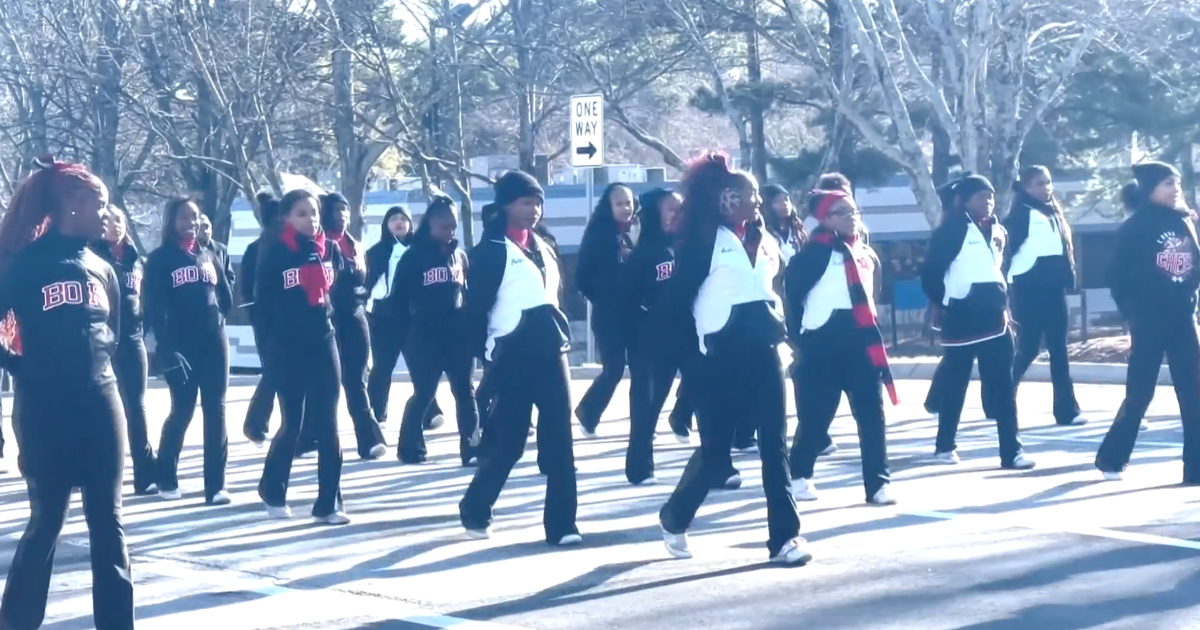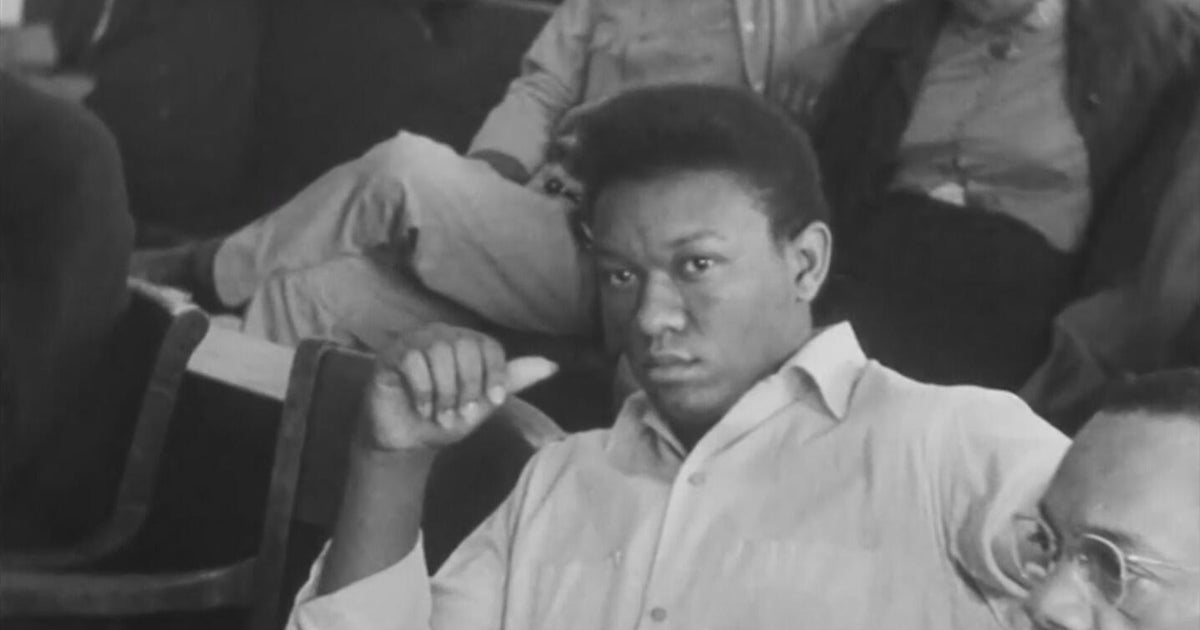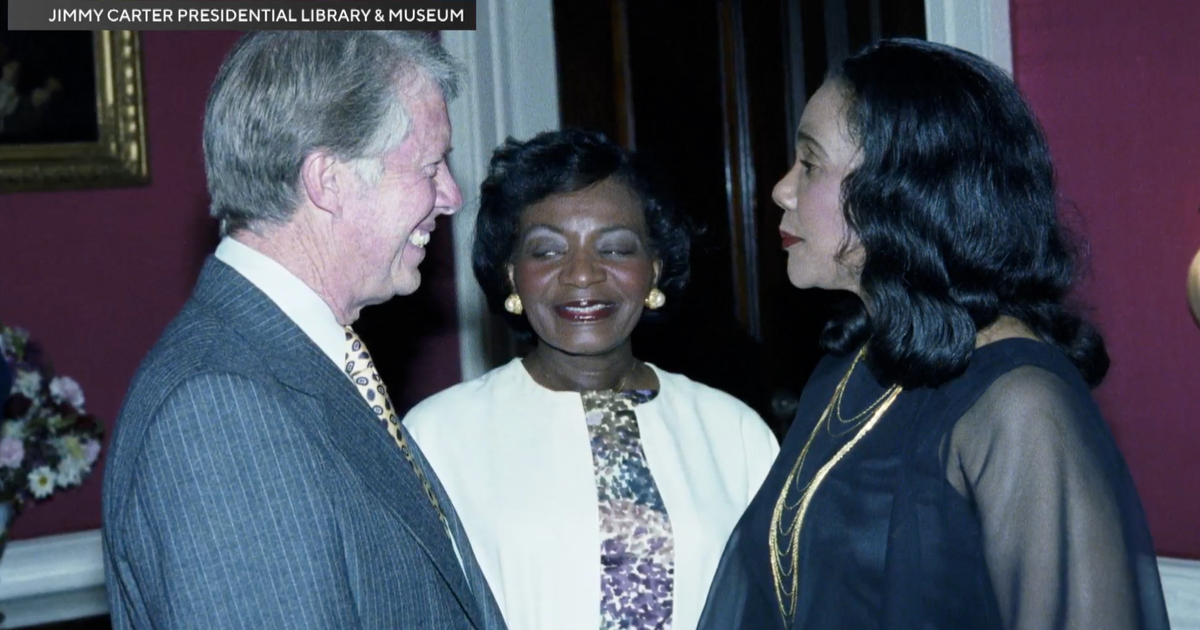Trailblazing LGBTQ reporter Randy Shilts' life to be chronicled in new book
A pioneering journalist who was the first openly gay reporter to write for the San Francisco Chronicle, Randy Shilts left an indelible mark on LGBTQ+ storytelling in the Bay Area.
If someone wanted to know more about how gay rights shaped San Francisco, and vice versa, a great way to start would be The Mayor of Castro Street, the legendary book chronicling the times of Harvey Milk, written by San Francisco Chronicle reporter Randy Shilts.
If someone wanted to know more about the arrival of AIDS, and how San Francisco and the entire country responded to the disease, there's And the Band Played On, again written by Randy Shilts.
And then there was the battle over gays in the military chronicled in Conduct Unbecoming. Once again, by Shilts.
The man not only wrote three monumental books chronicling gay history, he was in the middle of it, as a groundbreaking reporter whose legacy drives discussion to this day.
"I think it's also more kind of an age thing from being out in the sun," laughed David Tuller. "So, it's an old book. Let's say that."
Off the shelves in his living room, Tuller has pulled an old copy of history; it's the landmark book on America's troubled response to AIDS, and the work of his former colleague at the San Francisco Chronicle.
"He was, obviously, a pioneer," Tuller said. "He was out very early and out as a journalist from the beginning. And I think he did amazing work that way."
Randy Shilts, the first openly gay journalist at the Chronicle, would ultimately produce three monumental books on LGBT history and rights, and at the center of that work was his coverage of an epidemic.
"Well it's very difficult when it's also your own community and the people that you know are dying and getting sick," Tuller said of the time. "And you know you don't know yourself, you know, what your situation is. Or maybe you do."
"Randy and I talked about this a lot," recalled former KPIX Political Reporter Hank Plante. "Because we were both openly working in the mainstream media, covering the biggest story to hit the gay community, which was AIDS."
Plante said covering the crisis was, inevitably, personal, while publicly, it was often controversial. And that was something Shilts was not afraid of.
"Randy started doing stories that were advocating closing the gay bathhouses and sex clubs," Plante explained. "And people in the gay community were calling him a traitor, in print, in the gay newspapers. Eventually, the health department did close the bath houses. It was a tool that was used. Did it save people's lives? Probably."
And there would be more controversy. Specifically, the suspense-thriller element of "And the Band Played On," which suggests one single patient was largely responsible for bringing AIDS to the United States.
"This new book, Michael Lee's book, about Randy Schilts, does put to rest the whole notion of Patient Zero," Plante said.
"I know Randy himself had expressed some regrets to others about including that story as the book was getting ready to be published," said author Michael Lee. "And it's unfortunate that that was the hook."
Lee's upcoming biography looks at the entire life of Randy Shilts and his lasting imprint on LGBT history.
"I think that he has a very substantial and complicated legacy," Lee told KPIX. "And I think that that legacy still plays out today. And I'm hoping that with this book it captures more of that complexity in a way that actually portrays the full human that he was."
"Writing his obituary with a challenge, because you couldn't deny that there was controversy," Tuller said of his task with the Chronicle. "And I got some angry responses later from people, that it was too nice, or I should've been much more critical."
Randy Shilts, just 42 years old, died of AIDS in February of 1994. His funeral drew anti-gay activists from across the country. And 30 years later his legacy is still very much a part of San Francisco: a pioneer who worked to save lives when many others refused to listen, even if meant angering those in his own community.
"He was a great old-fashioned gumshoe reporter," Plante said. "He was obsessive. He never took no for an answer. He didn't care about being liked, which is important if you're going to be a successful reporter. And we were lucky to have him. The real tragedy, of course, is that 30 years ago right now, Randy died from the disease that he was warning everybody else about. That's a real heartbreak."
"Randy would talk about having difficulty going through the Castro," Tuller recalled. "People would throw things at him, or spit at him, or yell at him or whatever. I think at some point he sort of felt like persona non grata in the Castro. But he did what he felt was right to do. I think was very courageous that way, and I think he deserves a lot of credit for that. Whether you agreed with him or not."
Randy Shilts has a plaque in the Castro's Rainbow Honor Walk. It was placed here in 2014, just a few steps away from Harvey Milk's old camera shop. The new book on his life is due out on October 6.







